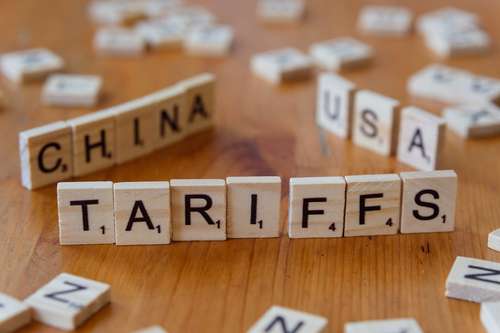Russia's Gazprom announced on Monday that it was stopping a second turbine in the Nord Stream 1 pipeline to Germany, and that the flow of gas, which was already operating at only 40% of its potential, will decrease by another 50% starting on Wednesday.
The latest attack on supplies comes amid heightened tension as the West and Russia trade economic blows over Moscow's actions in Ukraine. While the Kremlin claims that maintenance concerns and the impact of Western sanctions are to blame for the gas disruption, the European Union has accused Russia of using energy as a form of blackmail.
From Wednesday, Gazprom claimed, throughput would drop to 33 million cubic meters per day, or just half of the existing, already-reduced supply.
Russia's invasion of Ukraine, which Moscow refers to as a "special military operation," is likely to cause tensions between Russia and the West to rise as a result of this step.
The European Union, which has sanctioned Moscow, intends to continue utilizing Russian fossil fuels while transitioning away from Russian supply until 2027.

Russian gas exports have decreased along several important routes, notably through the Baltic Sea, Ukraine, Belarus, and Nord Stream 1.
Currently undergoing maintenance is Nord Stream 1.
Russia could cut off gas deliveries this winter, according to repeated warnings from European politicians. If this happened, Germany would enter a recession and consumers would face skyrocketing gas prices on top of already high prices for food and electricity.
This month, President Vladimir Putin warned the West that continuing sanctions ran the risk of causing catastrophic increases in energy prices for consumers all around the world.
After Saudi Arabia, Russia is the second-largest oil exporter in the world. It is also the top exporter of natural gas. About 40% of the gas and 30% of the oil used in Europe are imported from Russia.
After a 10-day maintenance break, Gazprom resumed gas flows via Nord Stream 1, but only at 40% of the pipeline's capacity, a level to which Russia has said it was obliged to cut volumes in June due to the delayed return of a turbine being serviced in Canada.




